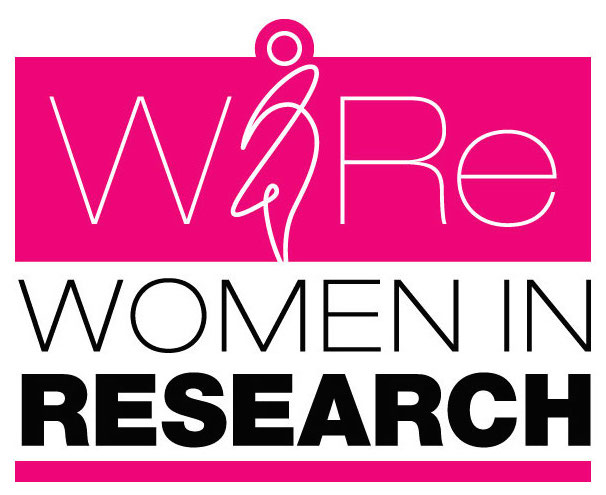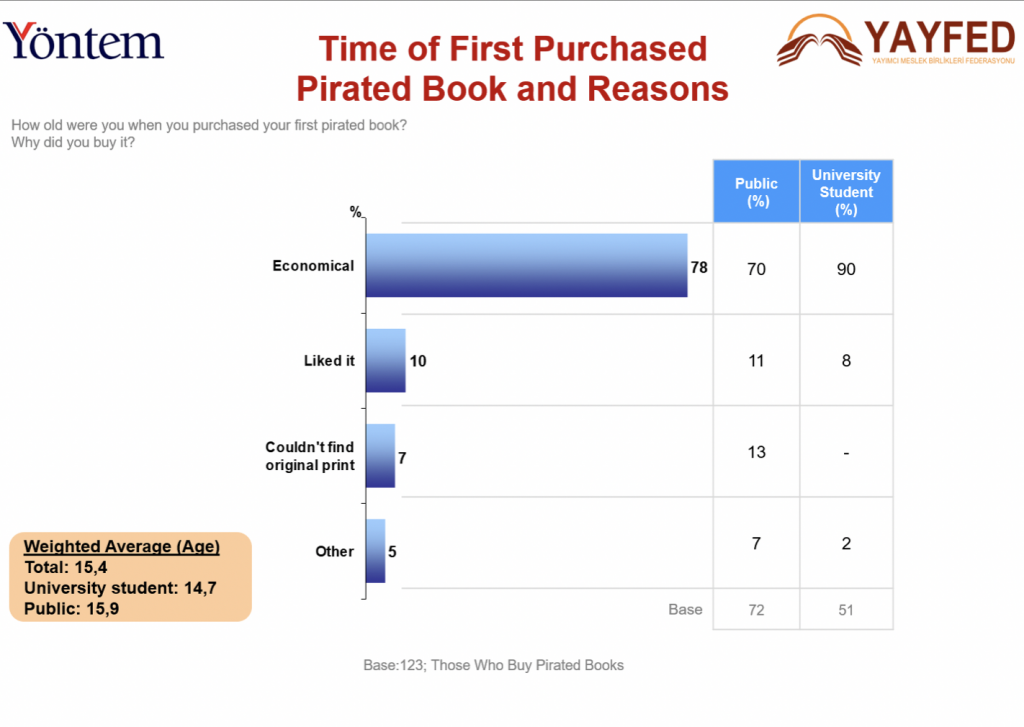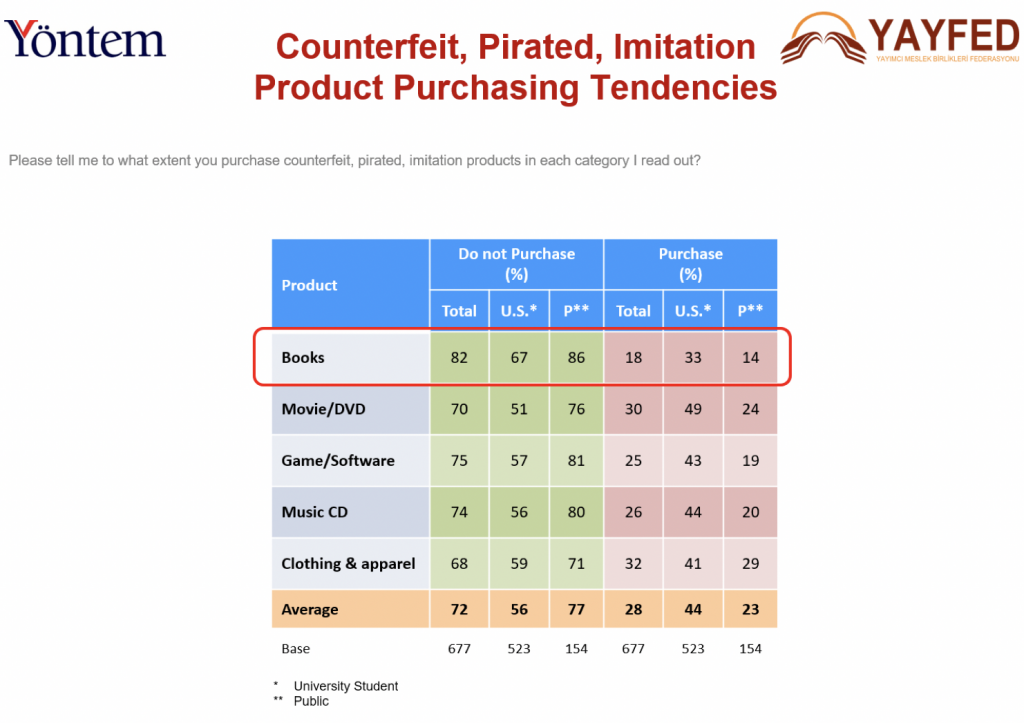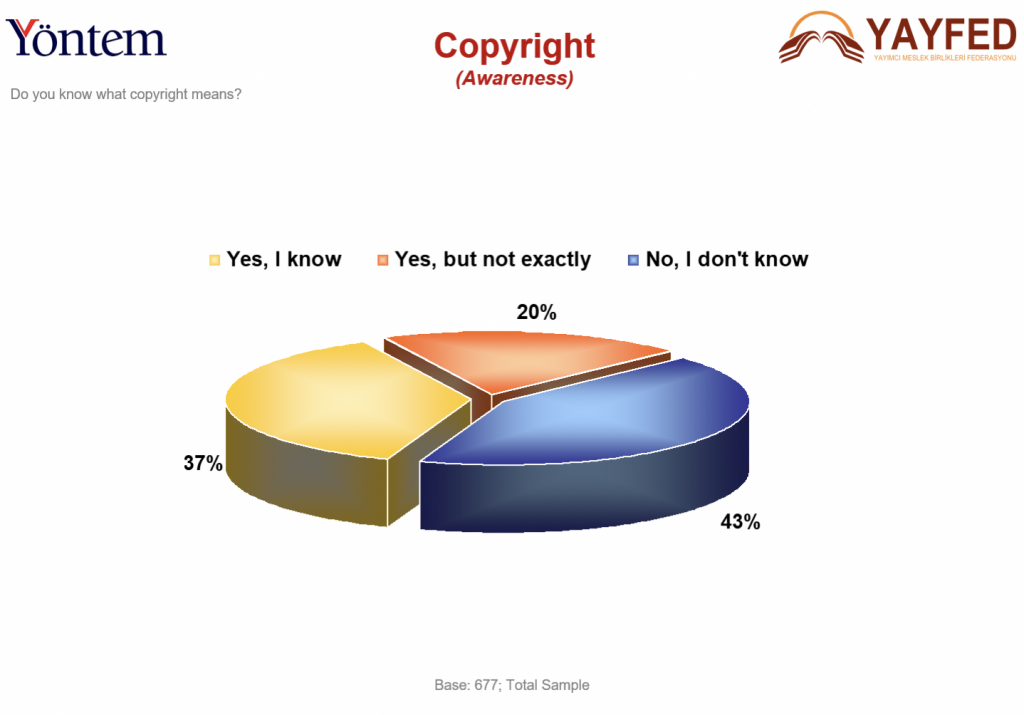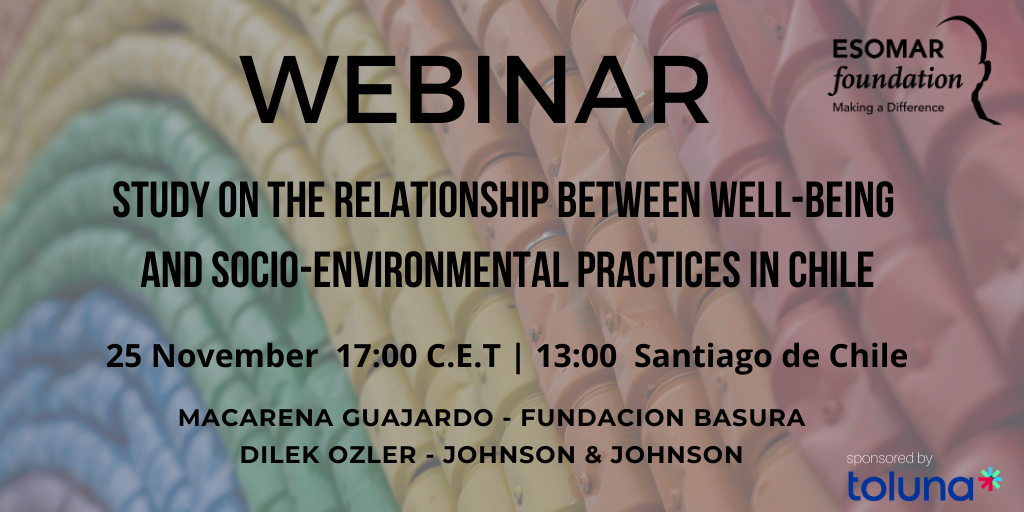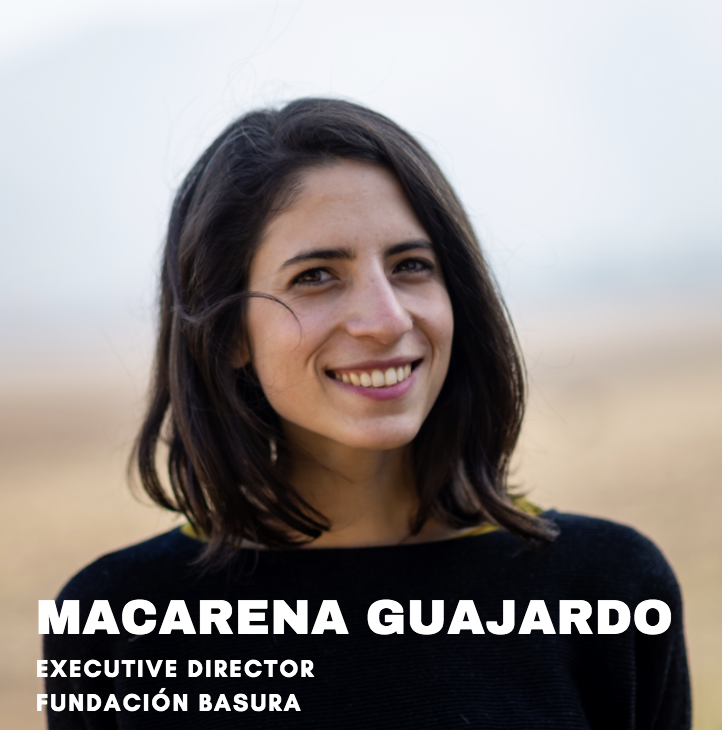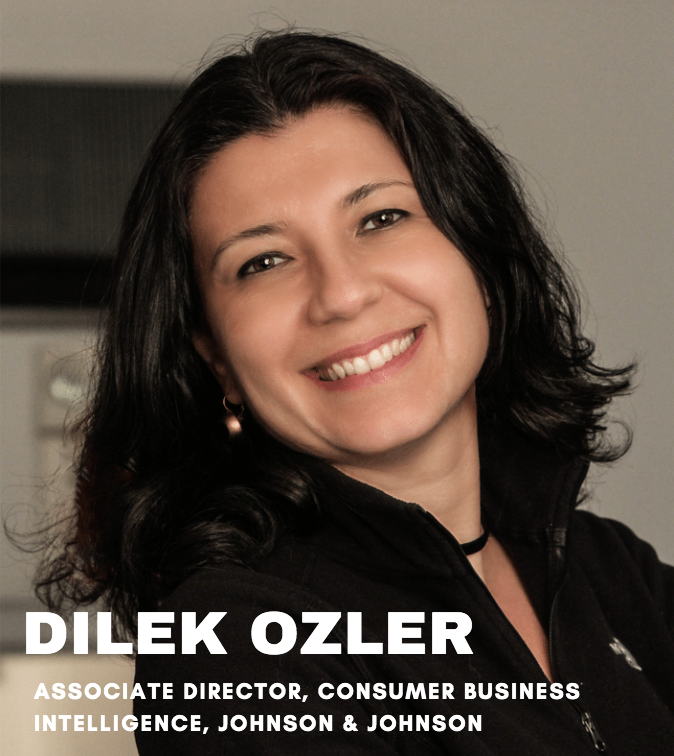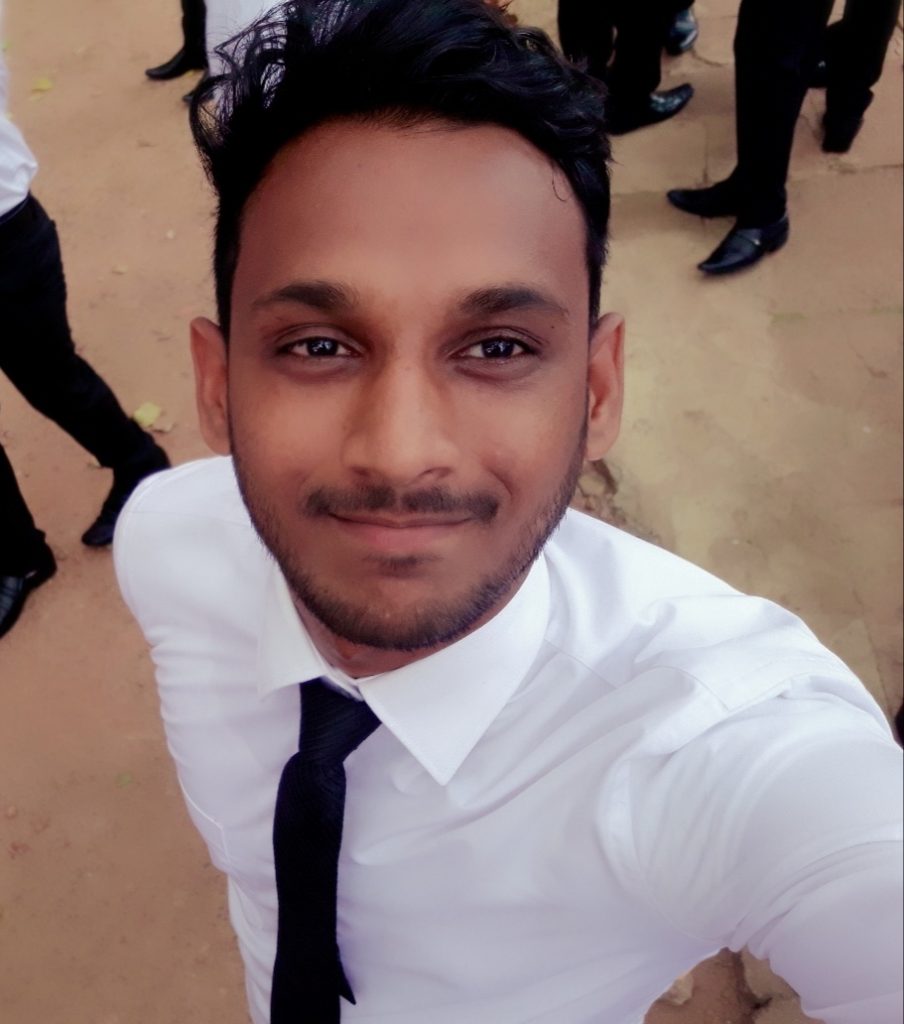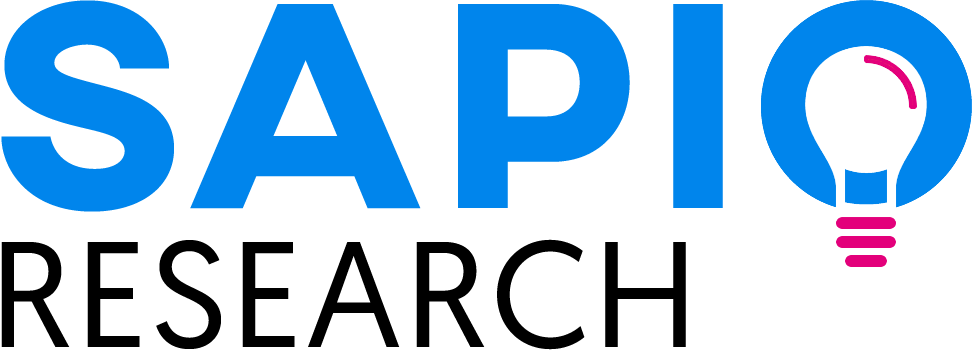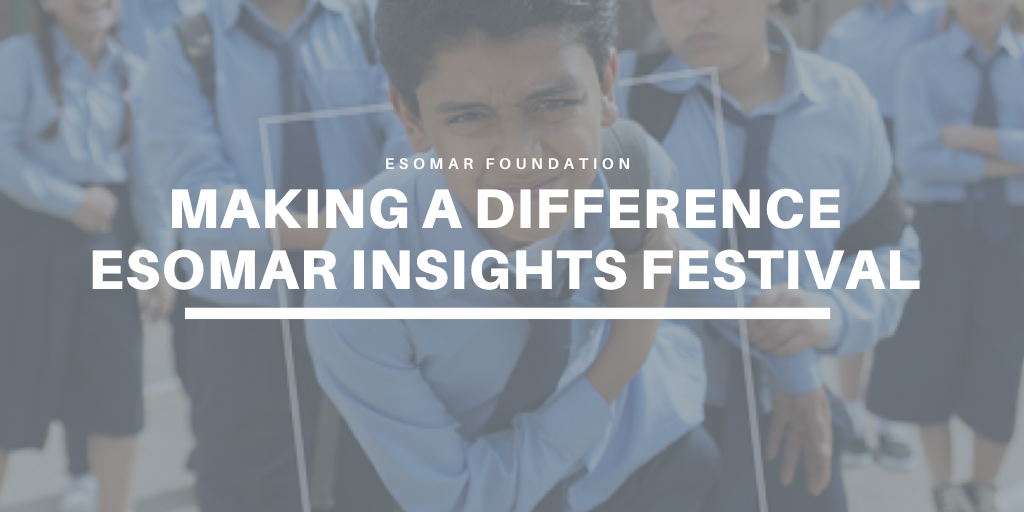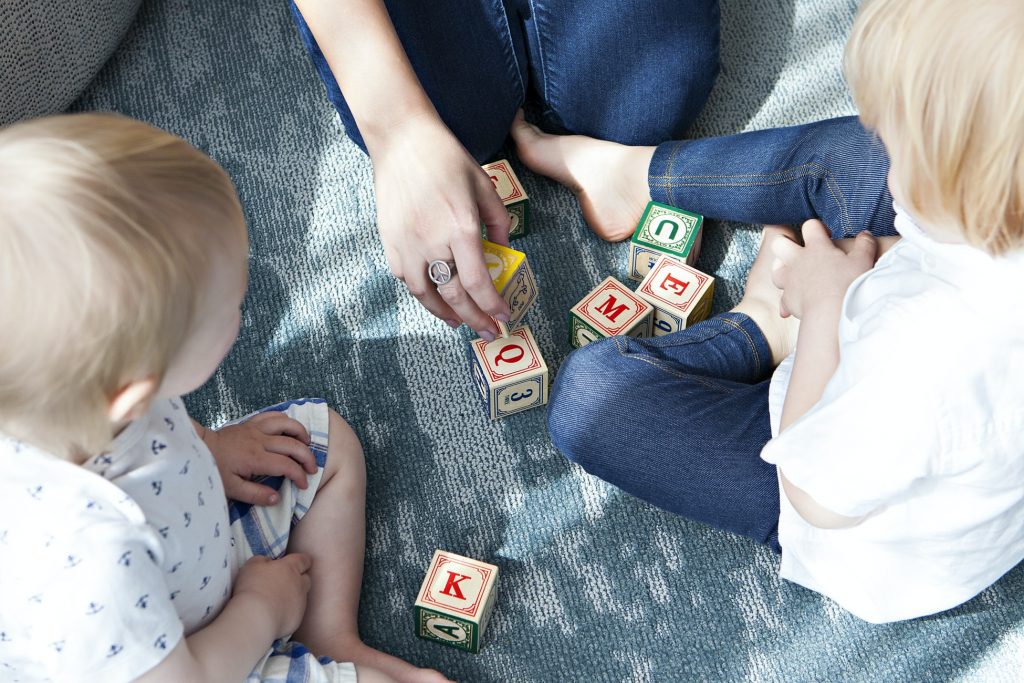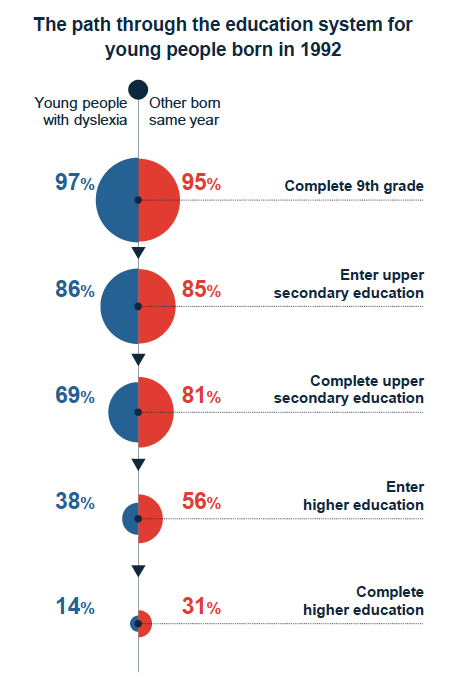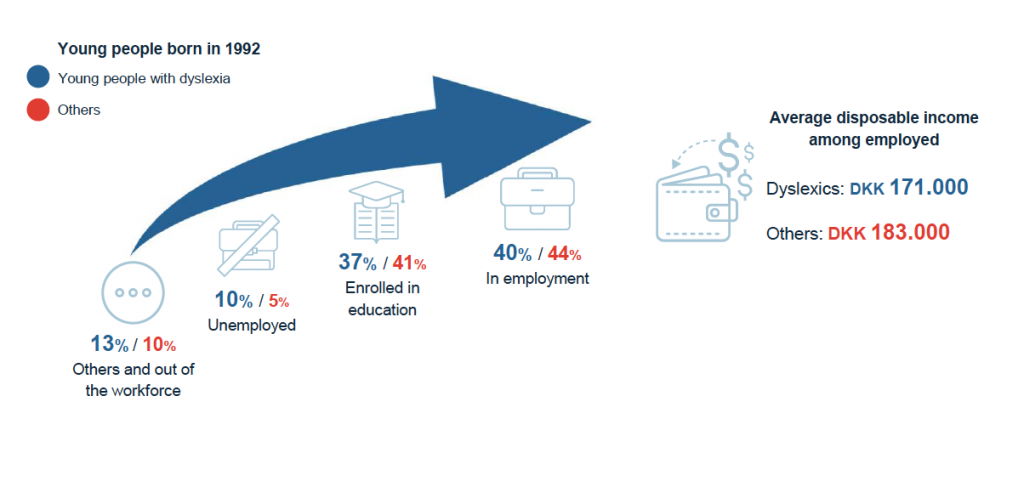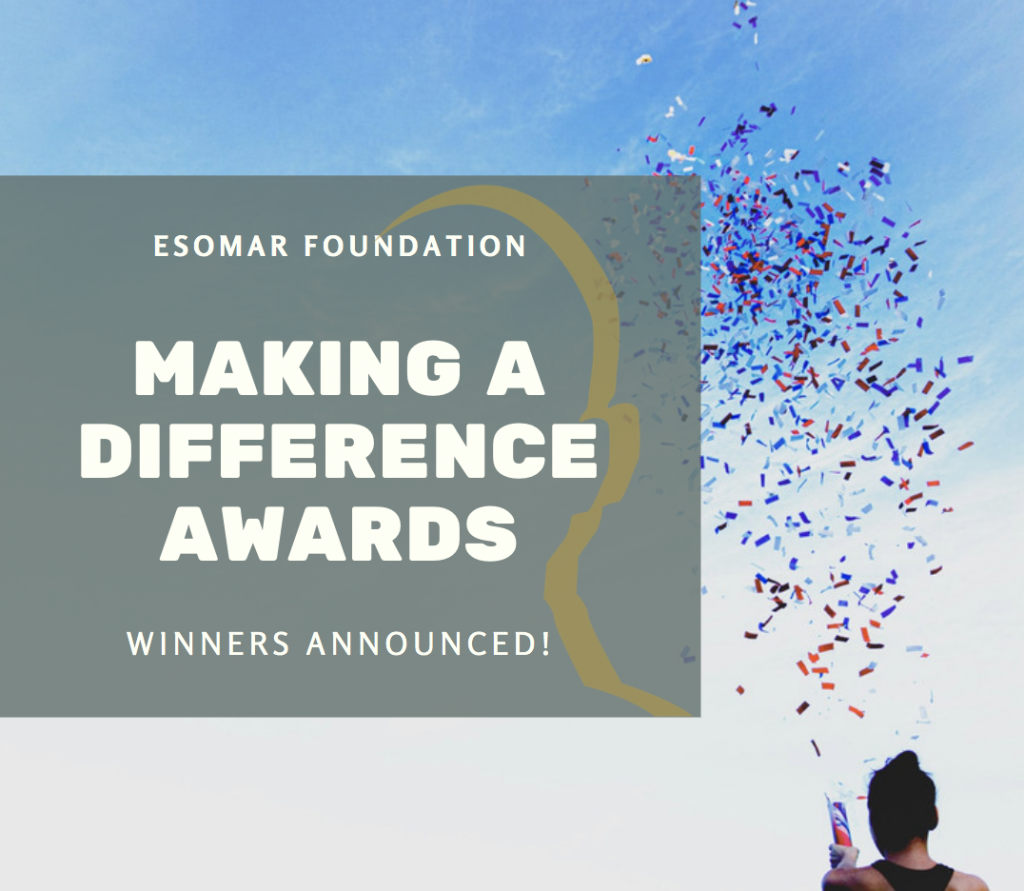
“Every child needs to be welcomed and defended, helped and protected, from the moment of their conception” 20 November 2020 Pope Francis
As last year, we want to celebrate the World Children’s Day by offering our readers and followers a few of the many examples of how solutions have been found and impact has been made on the lives of many children around the world with the help of the skills, knowledge and support of the data, research and insights community.
Safe Village Programs – Preventing Child Trafficking in Rural India
The aim of the research was to understand these contextual factors and the roles of specific emotions and behaviours that enable these decisions. The objective of the research was to apply learnings from cognitive neuroscience and behavioural economics to understand and influence the behaviour of at-risk families and men who buy sex. This reflected a gap in terms of the current understanding of issues.
This research was conducted with the aim of preventing trafficking by sensitising, alerting and empowering at-risk families in source areas, and to stem the demand by changing the behaviour and attitudes of men at destination areas. Key considerations during the research were to ensure that the findings and insights can easily be extrapolated into applicable interventions on the ground.
This research was commissioned by My Choices Foundation, a Hyderabad-based NGO dedicated to ending violence, abuse, and exploitation of women and girls in India and conducted by Mumbai-based Final Mile Consulting

Parikrma Foundation is a Bangalore based NGO that caters to underserved kids. It runs schools and colleges throughout the city where it provides best-in-class education and other facilities for their holistic development.
The kids come from underprivileged backgrounds and carry a lot of behavioural traits picked from their communities into the school leading to disciplinary issues. Classroom disruption and violent behavior of some students that the disciplinary policy in force was ineffective in curbing, hampered growth of others.
While it seemed like an issue with the disciplinary policy, there was much more to it. Disciplinary policies are made keeping the desired behavioural outcome in mind, rarely does it consider the motivations of those on whom it is exercised. The idea was to look at it differently by keeping the students at the center and understand “why” they do what they do. (More about the study)
Successful parenting – Harnessing aspirations to save lives in rural India
India, one of the world’s fastest-growing economies, still loses 300,000 young lives each year to pneumonia and diarrhoea, diseases that we have the tools to prevent. If practiced together, hand washing with soap at key occasions (HWWS) and complete immunisation, two of the most cost-effective child survival interventions, could significantly reduce under 5 mortality. Lifebuoy, Unilever’s leading health soap brand and Gavi, the Vaccine Alliance, an innovative public-private partnership working to immunise children in the world’s poorest countries, came together to design an integrated communication platform called ‘Safal Shuruaat’. Translated as ‘Successful Beginning’, the program harnesses parents’ aspirations for their child’s success to help mobilise parents to hand wash with soap at key occasions, immunise their children and other key parenting behaviours.
The program aims to achieve sustained behaviour change in hand washing with soap and immunisation under the ‘aspirational’ umbrella of successful parenting as a communication platform to save lives of young children and help them reach a better potential while intervening in the first 2 years: bringing down the under 5 mortality rates. Safal Shuruaat is being implemented by a consortium led by GroupM, with Kantar as the research partner responsible for monitoring and evaluation.
How market research created words and changed worlds
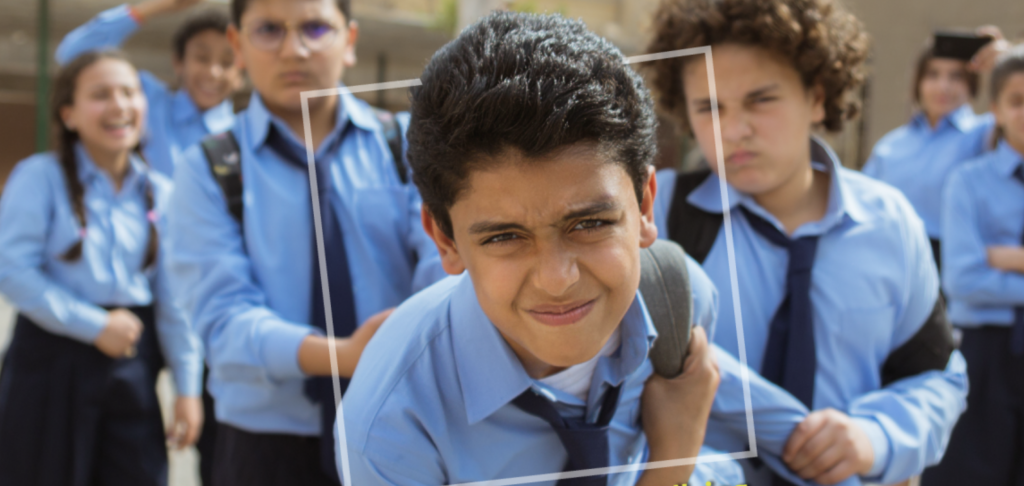
Bullying. Happens to everyone, stoppable by everyone. This is a story of how effective market research contributed in making a groundbreaking difference, changing laws and altering perceptions. The audience was shocked to hear that before the campaign there wasn’t even a word for bullying in Egyptian Arabic. A diligent mission that would have never been possible without UNICEF Egypt and Marketeers Research.
The power of this study lies in the shareable and impactful output clips.
Reducing Child Mortality – A provider, a mother and a powder
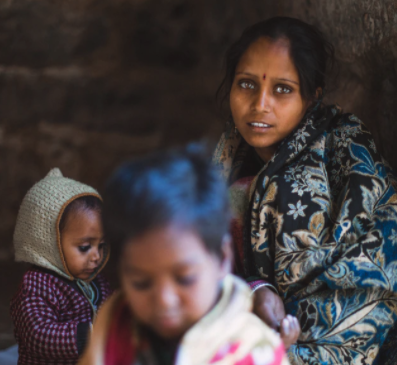
Winner of the Most innovative Not-For-Profit case study of the ESOMAR Foundation Making a Difference Competition 2018. “With deep and nuanced understanding of what was driving oral rehydration salt (ORS) uptake, we developed a radically revised theory of how to increase the use of ORS to treat diarrhea in children. Instead of focusing exclusively on RMPs, programs should create demand for ORS by reframing caregivers’ perception of the treatment. This would help RMPs to bridge their “know-do” gap and prescribe ORS with confidence.”
This project was carried out by Surgo Foundation in partnership with the Bill & Melinda Gates Foundation and the Clinton Health Access Initiative


